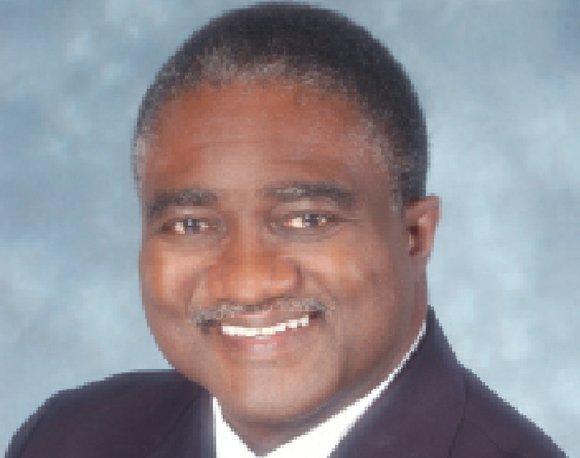Athletes, dollars and progress
1/8/2016, 8 a.m.
As the University of Alabama football team prepares to line up against Clemson University on Jan. 11 in Glendale, Ariz., to decide the national collegiate football championship, it’s worth noting that the Crimson Tide wouldn’t be “rolling” in success and the money that accompanies it without its African-American players led by 2015 Heisman Trophy Winner Derrick Henry.
According to the New York Times, in 2003, the University of Alabama’s athletic budget was $37 million. Today, it is more than four times that — $153 million. Nick Saban, Alabama’s head coach, receives a salary of $7 million a year. The university gets $9 million this year in licensing fees alone, a figure that will total $103 million through the 2024-25 season. Learfield Sports guarantees Alabama up to $14 million a year for multimedia rights, including programs and game-day radio headsets.
Bryant-Denny Stadium in Tuscaloosa, Ala., has been expanded twice to reach 101,821 seats and 31,000 people are on the waiting list for season tickets. There also is a long line of companies waiting and willing to pay six figures for a luxury suite.
The Tide is rolling in cash.
But the university is no different from other major white universities that exploit its athletes for financial reasons. According to the NCAA, most of the football and basketball players at the university level are African-Americans.
The Washington Post recently reported: “With the money made from college sports increasing every year, the way colleges treat their athletes has become controversial.
“That’s because college sports is a tremendously lucrative business for everyone but the athletes. The National College Athletic Association will receive $7.3 billion from ESPN for the right to broadcast the seven games of the College Football Playoffs between 2014 and 2026, and $11 billion from CBS and Turner Sports to broadcast ‘March Madness’ over the next 14 years.
“Individual colleges also make out well: The University of Kentucky’s men’s basketball team’s trip to the Final Four this year, for example, brought more than $8 million in revenue to the universities of the Southeastern Conference (SEC). Each of the ‘Big 5’ conferences will make an estimated $50 million from the college football playoffs this year.
“And none of this counts the money made from concessions, merchandise and licensing fees.” The collegiate merchandise market reportedly takes in $4.6 billion each year.
The most disturbing part of The Post article was not that majority white universities are profiting from the sweat of African-American athletes. That has been obvious for years. What’s insulting is the reason most people object to college athletes being able to share in the financial gains they make possible.
The newspaper stated: “In a statistical analysis that controlled for a host of other influences, we found this: Negative racial views about black people were the single most important predictor of white opposition to paying college athletes.
“The more negatively a white respondent felt about blacks, the more they opposed paying college athletes.”
Are you shocked?
So was I. And it’s hard to shock me, an African-American who grew up in segregated Tuscaloosa in the shadows of the University of Alabama.
The Post story said, “In every survey to date, blacks are far more likely to support paying college athletes when compared to whites. For instance, in the 2014 Cooperative Congressional Election Study (CCES), 53 percent of African-Americans backed paying college athletes — more than doubling the support expressed by whites (22 percent).”
So when you see rabid — and often drunk — white fans cheering another touchdown scored by Alabama’s Derrick Henry or a touchdown pass thrown by Deshaun Watson, Clemson’s African-American quarterback, in next week’s championship game, don’t be misled. They love it as long as the African-American athletes are bringing in millions for the University of Alabama’s athletic department or the sports program at Clemson, but the athletes don’t deserve to get much more beyond their athletic scholarships for one reason — the color of their skin.
The writer is president and CEO of George Curry Media.







